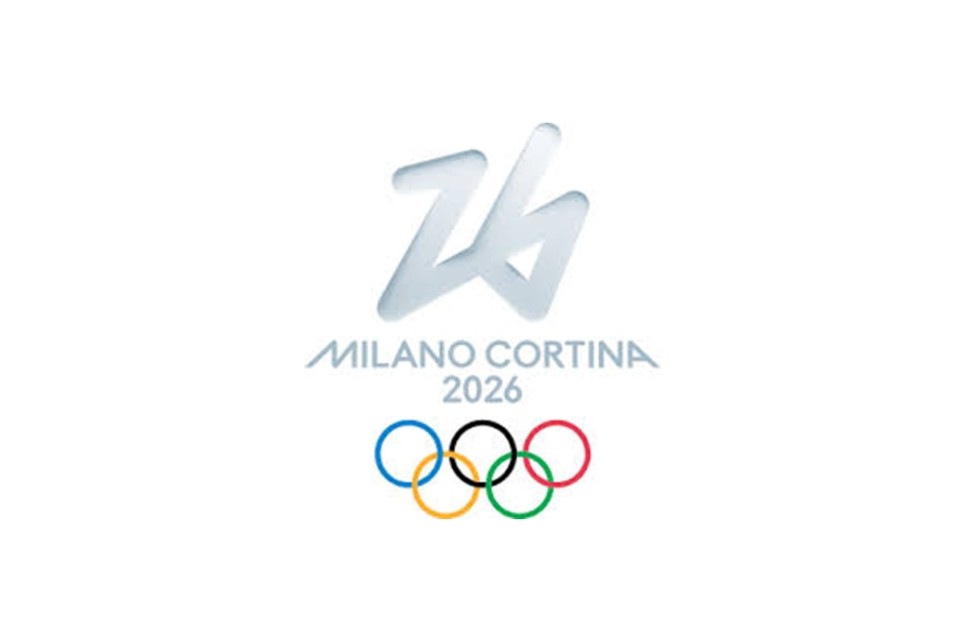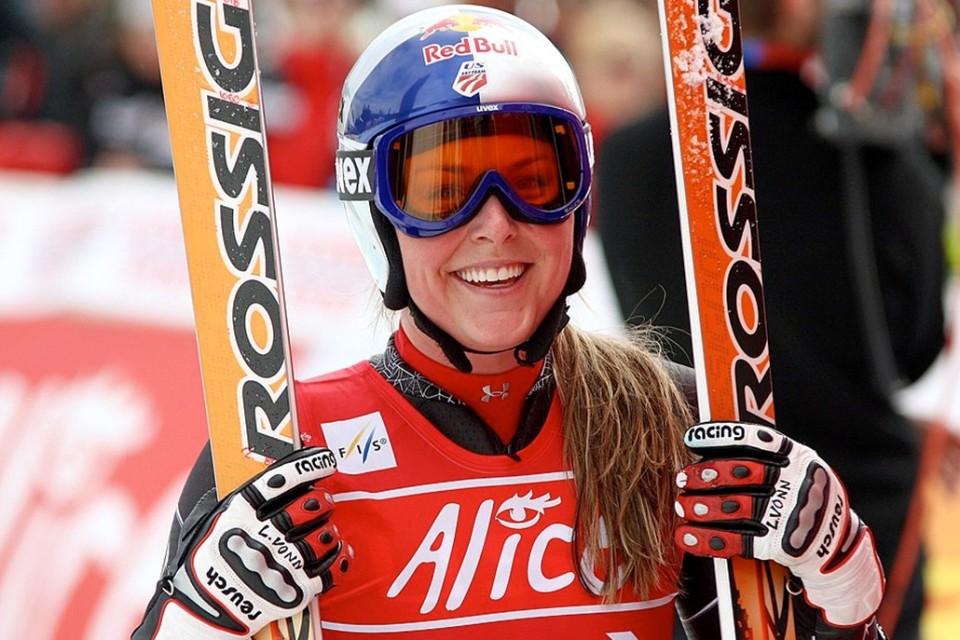Wed, November 13, 2019
Using mediation to resolve conflict in sport
To optimise for archiving, the original image and related documents associated with this article have been removed.
Using mediation to resolve conflict in sport
We all experience conflict at one time or another. It is normal to do so whether with work colleagues, teammates, or those close to us. It is how we deal with conflict that matters. Sometimes our reaction is to fight rather than to seek to explore and reconcile our differences. We need to prove we are right, impose our views or solutions, even if the other person fights back. If necessary, we will engage others to help craft our arguments and to fight on our behalf. Disputes can soon escalate, and positions become entrenched.
Alternative dispute resolution or ADR is now the accepted means for resolving sport disputes. Arbitration and mediation clauses can be found in most agreements. This avoids costly court battles. However, while arbitration is well established, mediation is less well known and not commonly used by sports organisations or within the sport sector generally. Those of us who are mediators often ask ourselves why this is the case. Is it because of the competitive nature of those involved, the desire to win and a reluctance to appear weak? Or is it because many assume mediation is not appropriate given disputes are often rule or sanction based? Or is it simply because many are not familiar with the mediation process and the benefits this can bring, particularly in a sector where time and money are often in short supply, and preserving relationships is of paramount importance.
Mediation is a voluntary process, conducted confidentially, in which a trained, independent and neutral person known as a mediator, supports and assists the parties to work towards a negotiated agreement of a dispute, with the parties themselves remaining in control of the decision to settle and the terms of any agreement. In short, it is about finding an outcome that everyone can live with and in most cases maintaining or rescuing a relationship.
Disputes within sports organisations can take many forms. They may involve board members, members of the organisation, athletes, coaches or those working in the organisation whether on a paid or voluntary basis. What all have in common is that they can be very damaging in the short and long term. Everyone is very passionate about their sport. All want the best outcome but this can mean different things to different people. Everyone is invested personally, money is rarely the motivating factor. With social media, disputes can quickly become very public and subject to scrutiny from funders and sponsors.
So why choose mediation as a means of resolving these disputes?
Speed – mediation is generally quicker than other means of dispute resolution. There are few procedural requirements so a mediation can be organised at short notice and the mediation will normally last no more than a day.
Cost – mediation is normally cheaper than other forms of ADR and even if agreement is not reached, it will often have helped clarify the issues and make it more likely a settlement can be reached at a future date.
Flexibility – there is a process to be followed but this can be adapted to suit the parties. Also, the parties are not constrained in any way as to the solutions they can reach which may include agreed ways of working together in the future, an apology, membership concessions and/or financial compensation.
Success rate – mediation will not be appropriate in all cases, but where it is used it has a high success rate.
Sport Resolutions provides on its website a copy of its Mediation Procedure and its template Mediation Agreement. Both are admirably short and well worth reading as they set out in clear terms the mediation process and basis on which a mediator is appointed. Sport Resolutions has a panel of experienced mediators it can draw on, all of whom like myself work in and are familiar with the sport sector.
I have mediated a range of sport related disputes involving sports organisations and their members, most of whom have had no prior experience of mediation. While at the outset some may have had their reservations, these have quickly been dispelled and the process has proved to be very successful, resulting in what is termed a ‘win-win’. What many would regard as a good outcome in a sector driven by success.
Please click here to view the author's LinkedIn profile.
Please click here to go to the author's website.



